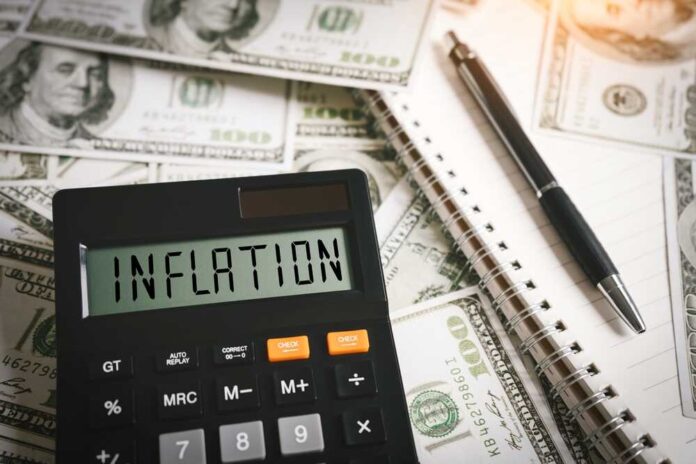
According to a significant study released by the Federal Reserve Bank of New York on Monday, Americans expect high inflation to remain around for several years.
Rent, transportation, healthcare bills, and grocery prices are just some things Americans anticipate increasing in price over the next 12 months. Home prices are expected to rise by 3.1%, the most significant increase since July 2022. They also forecast a rise in the cost of higher education.
According to the New York Federal Reserve’s Survey of Consumer Expectations, inflation is expected to slow to 3.6% in one year from the 7.1% peak seen in June 2022. That’s up from the 3.5% seen in the previous month.
In addition, consumers expect inflation to stay high; they forecast it to be approximately 3% in three years, up from 2.9% in July and falling slightly to 2.8% in five years.
That’s a long way from the 2% inflation goal set by the Federal Reserve, suggesting price increases will be slow to come down. In contrast, central bank officials’ most recent economic estimates predict inflation will decline to 2% by 2025.
The federal funds rate target has been raised by policymakers 11 times in 16 months, reaching its highest level since 2001. It is generally anticipated that they would halt their tightening campaign at their next September meeting to evaluate the effects of rising interest rates on the economy.
According to the New York Fed’s study, employment and personal financial worries were also on the rise.
The average person’s fear of job loss in the coming year rose by two percentage points to 13.8%, its highest level since April 2021. The average forecast for future unemployment in the United States increased by 1.8 percentage points in August, reaching 48.5%.
Also, families were less optimistic about their financial standing and their access to credit.
August had the lowest number for projected growth in household income since July 2021, when it dropped by 0.3 percentage points to 2.9%.
In addition, families’ reports of difficulty in obtaining credit have increased to a new series high compared to the same period last year.
According to the study, the percentage of respondents who believe it will be more difficult to acquire credit in the next year rose in August.














